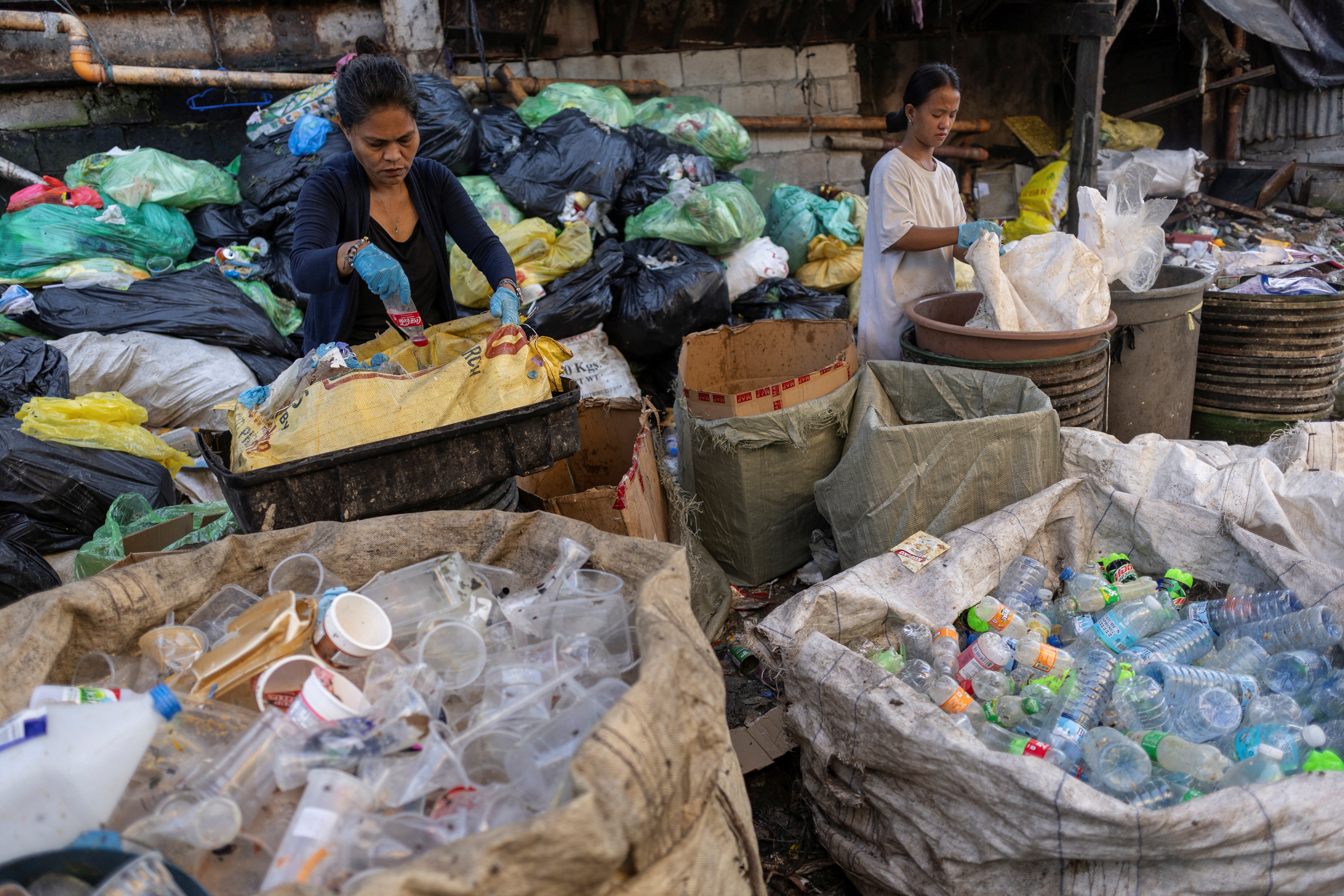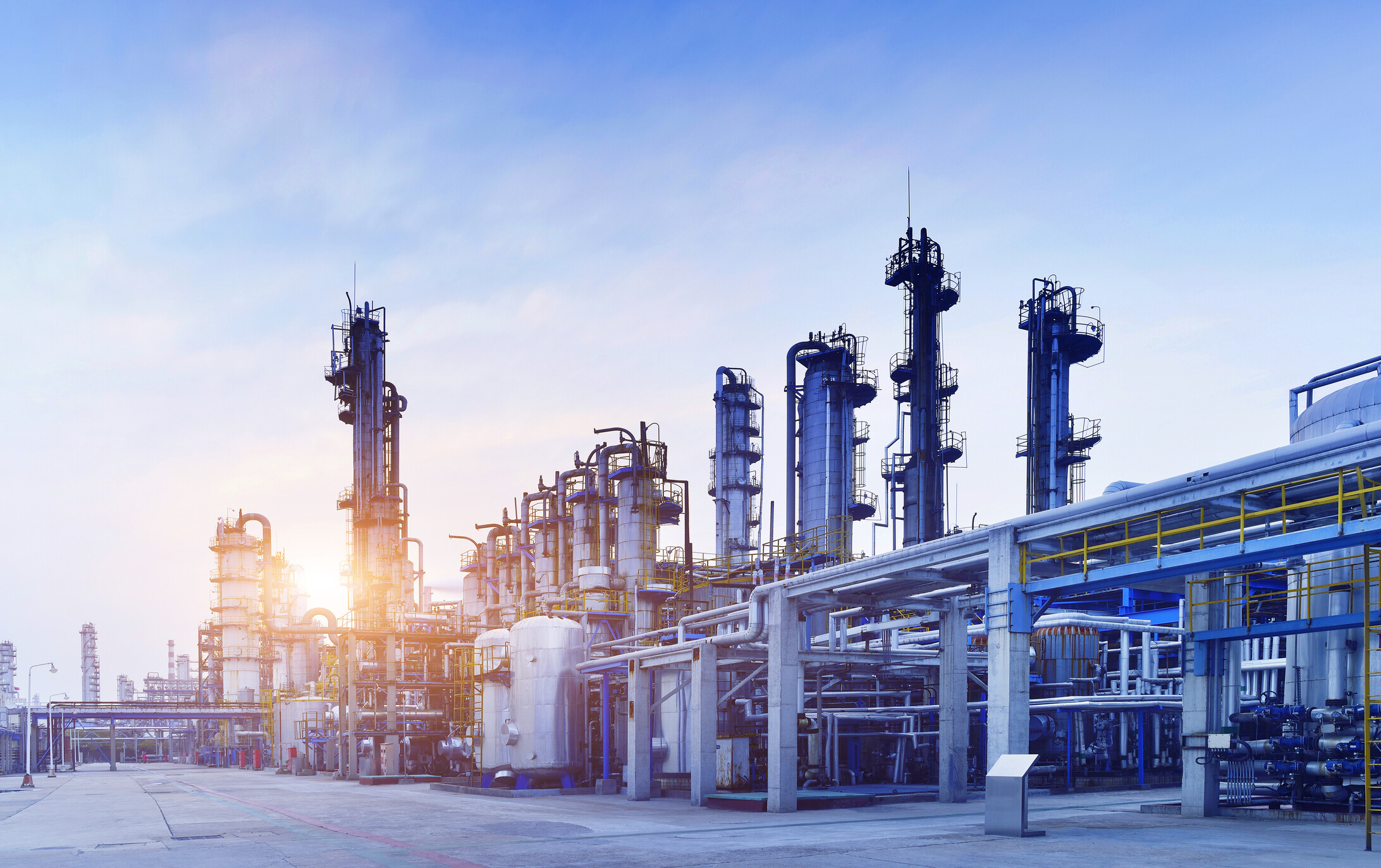How changemakers in Bangkok are popularising the circular economy

Plastic can lead to air and marine pollution - interconnected issues tackled by young leaders in Bangkok recently looking to build a circular economy. Image: Photo by Robson Hatsukami Morgan on Unsplash
Listen to the article
- Cities tackling interconnected issues for a circular economy will need to pursue new ways of engaging and collaborating among stakeholders.
- Changemakers in Bangkok have learned first-hand what early conversations with leaders in business and policy need to drive circular change.
Plastic is a global scourge and accounts for up to 12 percent of Thailand’s total waste every year, amounting to a total of 2 tons according to the Pollution Control Department. Pollution – a related issue given the toxins released when plastic waste is burned or dumped into waterways – presents a range of problems for Thailand. Thailand’s air includes two times the limits set by the World Health Organization for dangerous chemicals, and 32,000 premature deaths in Thailand were attributed to air pollution in 2020. Moreover, the country is ranked sixth in the list of the world’s worst offenders for dumping plastic waste into the sea according to Siam Commercial Bank's Economic Intelligence Center.
Tackling these interconnected issues quickly will take systemic change – and new ways of engaging and collaborating among stakeholders across the entire value chain - from policymakers and producers to consumers.
The concept of a circular economy offers a way to rethink production and consumption on a systemic level. Given that opportunity, this spring our Bangkok Hub of Global Shapers - a youth-led network of Hubs initiated by the World Economic Forum - was selected as one of four cities to pilot a new initiative to support the development of circular economy solutions tailored to local needs through grassroots efforts. The initiative leverages the Forum’s Scale360° methodology to bring business and innovation leaders together to use local efforts to scale global change.

For months, our Shapers have worked to address how the circular economy could help tackle issues of plastic pollution and clean air in Bangkok and Thailand at large. At this early stage, such efforts have taught us the following key lessons that any city can leverage regarding how to prioritise and build early circular collaborations.
Lesson #1 - Synchronise
Build unique solutions to change habits – and link stakeholders
To provide alternatives to single-use plastic (SUP), our hub kicked off a special project to map start-ups in Thailand offering working solutions to SUP in the food sector. We compiled 30 Thailand-based startups that provide circular alternatives to SUP, partnering with Deutsche Gesellschaft für Internationale Zusammenarbeit (GIZ) GmbH (through its SUP-prevention project CAP SEA), Thailand Environment Institute (TEI), and Öko Institut e.V. (a leading research organisation).
Building on these partnerships, the Bangkok Hub then collaborated with eco-INSTITUT Germany to analyse the credibility and actual impact of the products and materials supplied. This effort led to the development of the first "SUP-Free" catalog initiated by Global Shapers Bangkok and GIZ GmbH. The catalog, which will be shared with key stakeholders in Phuket, lists not only suppliers’ stories, contact details, and current portfolio of products, but also unit costs and minimum order quantities, making it easier for businesses to go plastic free.
This solution is a go-to living document and tool that can be developed further in the long term to support Phuket and other destinations as they move toward a greener and sustainable economic recovery. Such a resource can be made more robust over time and help change habits for suppliers while raising awareness and changing both business practices and consumer habits.
What is the World Economic Forum doing about the circular economy?
Lesson #2 - Stimulate:
Build on existing public support to mainstream action
In reviewing our own field work, our hub realised certain members of the Thai public were educated and energised but not mobilised. For instance, there was a citizen-driven bill in place, but only a handful knew - limited to the economists, lawyers and other professionals. In many cities, action toward climate can come in pockets, limited to small groups with momentum never building. We saw an opportunity to mainstream existing action to better persuade policymakers.
To address these gaps, the Hub is planning a social media campaign to build awareness about the citizen-driven Clean Air Bill, which is drafted by The Thailand Clean Air Network’s passionate group of volunteer lawyers, scientists, and economists. The “Clean Air Act” intervention is a collaboration between volunteer-driven organisations, small startups, advertising agencies, and members of international NGOs. The goal of the campaign is to collect 10,000 signatures to present the policy change proposal to the Thai parliament, The National Assembly of Thailand.
As strict restrictions are reimposed in Greater Bangkok and several provinces in Thailand due to recent surges in coronavirus, social media is a key way to mobilise and engage supporters. The social media campaign also helps to quickly bridge gaps given the high connectivity of the public, bringing the topic closer to more people at a greater pace.
Have you read?
Lesson #3 – Systemise
Encourage innovation and collaboration among policy makers
With the support from the Royal Thai Government, the Hub is also helping to develop “City Hack,” a 72-hour, circular economy-themed hackathon. While most hackathons are attended by startups and young entrepreneurs, this event will also pull policymakers and urban planning experts into the design process of devising circular-minded products and services that address key issues facing Bangkok and Thailand.
Following initial workshops with the support of the Government, the Hub understood that innovation must also involve policy makers as their work can make or break interventions supporting a more “circular” economy. Using modern techniques such as design thinking and bringing all stakeholders together to exchange best practices can create new paths to innovation from elected leaders and regulators, inspiring them to have a “circular mind” when considering projects, strategic investments and collaborations.
Lesson #4 - Synergise
Identify ‘synergies’ across cross-cutting issues
With each of these projects, synergies were key. After all, scaling change takes pursuing solutions that meet the overlapping needs of multiple stakeholders. To this end, we channeled our efforts into projects that mobilised the resources and interests of many groups simultaneously. For instance, finding plastic-free alternatives in our SUP-free project created a much-needed solution for those in policy and public health while boosting economic growth and the visibility of local entrepreneurs. With City Hack, innovators will learn how to match their efforts to public sector needs while city leaders will better understand which stakeholders to consult at the planning stage of big initiatives.
Identifying synergies starts with noting which stakeholders in different sectors (governments, companies and consumers) can drive circular solutions and mapping any inter-connectivity between their key issues. To balance varying needs and agendas, mapping out the “big picture” for stakeholders can be important, showing how a potential initiative factors in each group’s concerns while proposing specific contributions each can put forward to create a circular economy environment.
Looking ahead
These interventions have developed genuine interest in the circular economy in Bangkok, particularly among Hub stakeholders and our social circles. Of course, much work must still be done. Thailand is in the early stages of considering how circular practices can protect resources and prevent waste. The systemic change that is needed will take many years. However, these early efforts to popularise the circular economy are key to the initial education process that can later lead to action across all sectors.
By addressing issues across the entire value chain - producers, end-users, and the overall external environment - interventions incubated and hatched by new initiatives we have built are merely the outset of a long-term collaboration with both private and public sector, one that will allow us, Global Shapers Bangkok, to drive the demand for circular solutions in Thailand and beyond.
Don't miss any update on this topic
Create a free account and access your personalized content collection with our latest publications and analyses.
License and Republishing
World Economic Forum articles may be republished in accordance with the Creative Commons Attribution-NonCommercial-NoDerivatives 4.0 International Public License, and in accordance with our Terms of Use.
The views expressed in this article are those of the author alone and not the World Economic Forum.
Stay up to date:
SDG 13: Climate Action
Forum Stories newsletter
Bringing you weekly curated insights and analysis on the global issues that matter.
More on Circular EconomySee all
Felipe Basso
November 13, 2025







